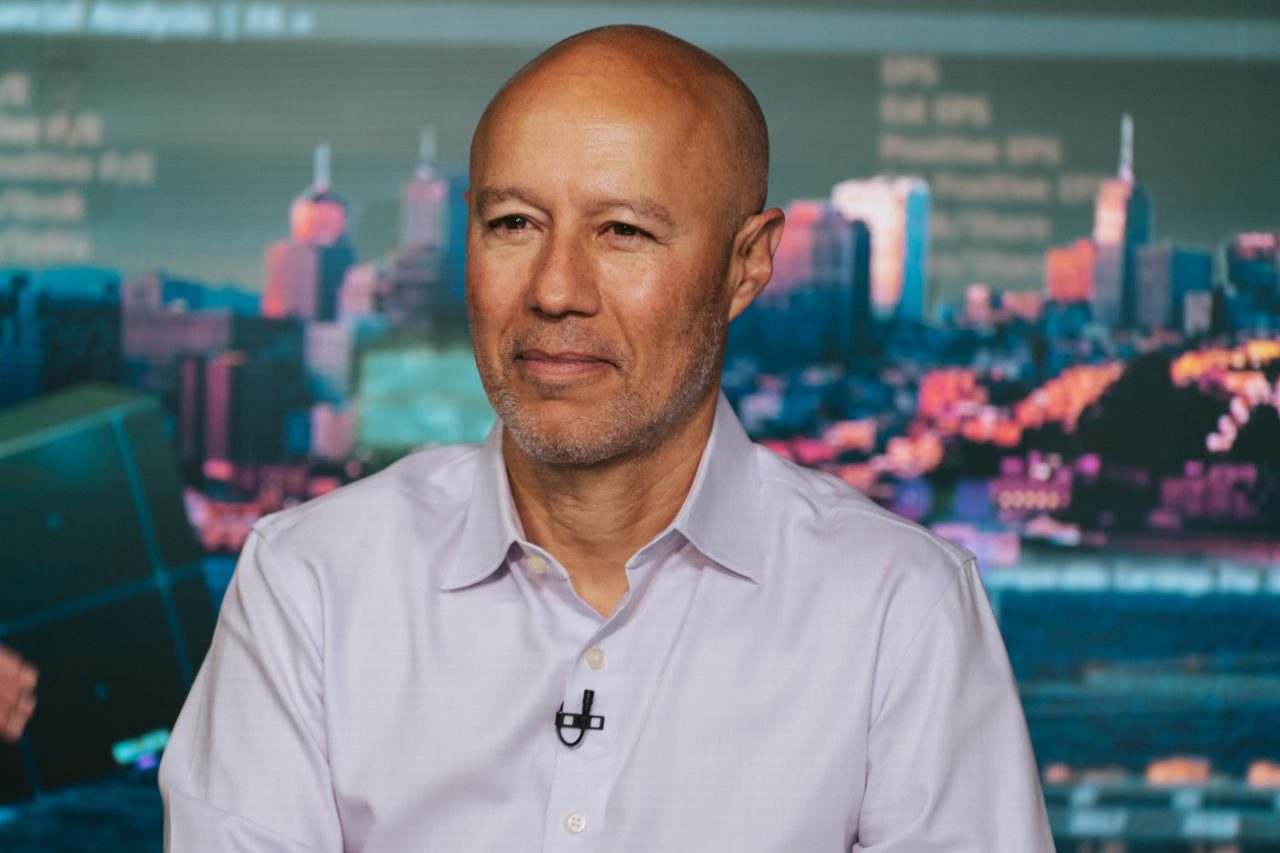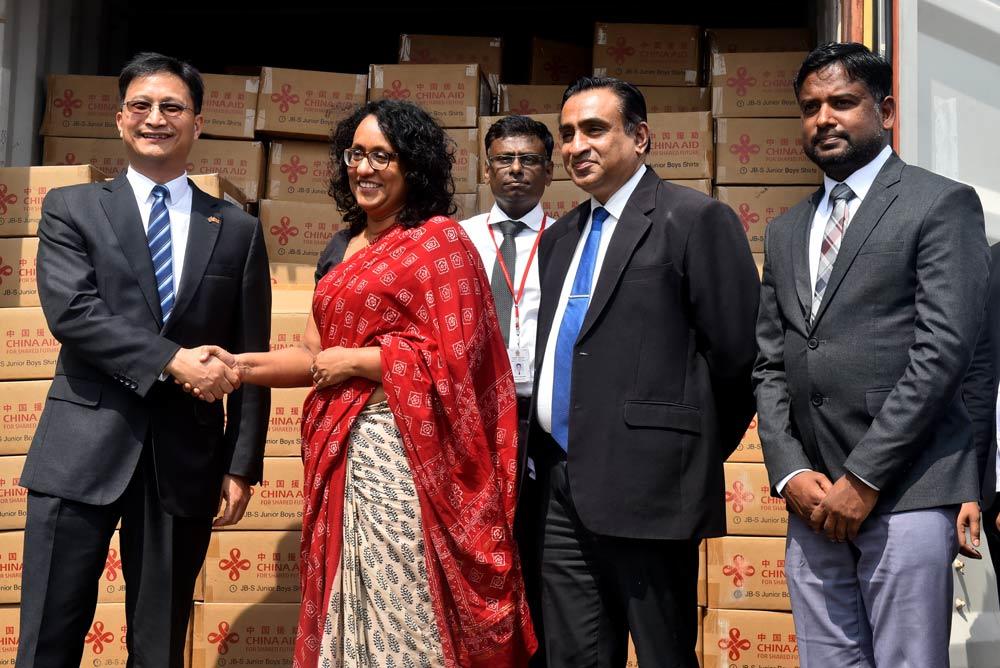After a whirlwind year that saw North East England at the heart of electoral drama, 2025 promises to keep the political momentum alive. With key local elections, shifting party strategies, and pressing regional issues, the year ahead could bring significant changes.
Northumberland and Durham councils are heading for all-out elections, where voters will elect every councillor in one go. Unlike staggered elections in other areas, this format raises the stakes, with the potential for dramatic power shifts. In Northumberland, the Conservatives are determined to hold on to control. Councillor Guy Renner-Thompson, despite his recent defeat in the North East mayoral race, remains optimistic about his party’s chances, emphasizing a positive campaign while acknowledging voter frustration with Labour policies.
In Durham, the Liberal Democrats face the challenge of defending their coalition leadership. Councillor Amanda Hopgood has promised that the focus remains on delivering services and maintaining stability, despite the looming election. Labour, meanwhile, hopes to retain the North Tyneside mayoralty as Dame Norma Redfearn steps down after three terms. Without the advantage of incumbency, Labour’s task is complicated by national challenges, but local MPs like Emma Foody remain steadfast, highlighting the government’s commitment to long-term decisions for the benefit of communities.
The political landscape is further shaken by the growing presence of Reform UK, which came second in 15 Tyne and Wear constituencies in the 2024 general election. Despite leadership controversies surrounding Nigel Farage, the party’s regional organizers are confident in their ability to contest every available seat and make gains. At the same time, the Green Party continues to expand its influence, focusing on consolidating its recent wins while targeting new territories.
Labour faces both opportunities and obstacles as it seeks to balance national policy with local priorities. Recent decisions, such as changes to inheritance tax for farmers and removing VAT exemptions for private schools, have sparked debate and drawn criticism from opposition parties. Yet, the party remains focused on delivering its national promises, from reducing NHS waiting lists to putting more money in the pockets of working families. Regional infrastructure issues, including the Gateshead Flyover closure and Tyne Bridge restoration, will also test the government’s ability to deliver meaningful investment to the North East.
Adding complexity are the independent candidates who often disrupt the plans of larger parties. These local challengers can shift outcomes in unpredictable ways, ensuring no party can afford complacency in the year ahead.
As 2025 unfolds, the North East remains a political battleground where national policies and local issues intersect. From council chambers to Westminster, the decisions made this year will shape the region’s future. With fierce competition and evolving alliances, the stakes couldn’t be higher for the parties vying to win the trust of voters. Stay with your BBC team for the latest analysis and updates.




